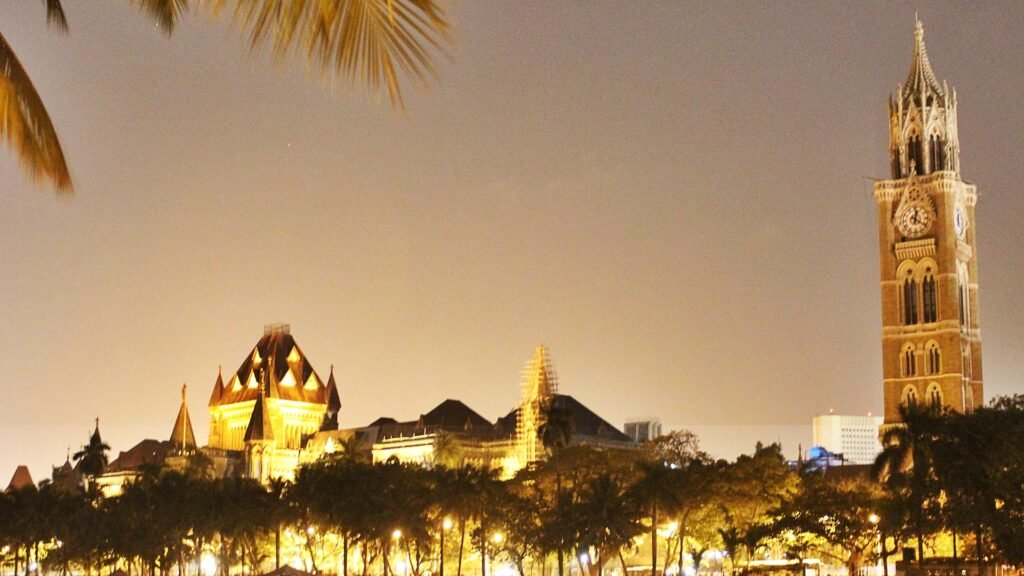In a significant ruling for financial institutions in general, the Bombay High Court earlier this year passed an important decision in the case of Yes Bank Ltd. v. Union of India and Ors., changing one of the requirements under the Debts and Recovery Tribunal (Refund of Court fees) Rules 2013 wherein the petitioner and the borrower are required to file a joint application for refund of Court fees.
Bombay HC held that once the DRT permits a court fee refund, the Registrar cannot insist on a joint application for the same. In this case, a writ petition was filed by Yes Bank Ltd. under Article 226 and 227 of the Constitution of India seeking deletion of the words “and the Defendant shall file joint Application” from Rule 5 of the Debts and Recovery Tribunal (Refund of Court fees) Rules 2013.
To understand the judgement better, it is pertinent to have a brief understanding of the facts pertaining to this case. Yes Bank Ltd, petitioner in this case advanced a loan to one of its customers who had defaulted in the repayment of the same. Yes Bank filed for recovery proceedings under section 19 (1) of the Debts Recovery (Procedure) Rules 1993 before the Debt Recovery Tribunal (DRT) II of Mumbai. Thereafter, the parties arrived at a settlement, as a result of which Yes Bank filed an Interlocutory Application in the original application and sought to withdraw the same. Since the dispute was settled out of court, Yes Bank was directed by the DRT in an order dated March 7, 2019 to follow the required procedure for refund of court fees as per the refund of court fees rules. Yes Bank complied with the order and filed an application for refund of court fees. However, the DRT passed an order on June 18, 2022, stating that Yes Bank and the borrower must file a joint application as per the rules laid out in the Refund of Court fees rules 2013. Aggrieved by this order Yes Bank filed a writ of mandamus, seeking removal of the words “and the Defendant (s) shall file joint application” under Rule 5 of the Debts and Recovery Tribunal (Refund of Court fees) Rules 2013.
Yes Bank’s claim was that they had paid a sum of Rs. 1,50,000 as court fees when the recovery proceedings were filed. Further contending that apart from this, there were several instances where the borrowers would opt for an out-of-court settlement, making it extremely difficult for the bank to obtain their consent for a joint application for a refund in the court. Thus, the requirement put down by the Refund of Court fees Rules of 2013 was causing grave injustice and prejudice to the bank and the same was in desperate need to be struck down. This was vehemently opposed by the Respondents who claimed that the writ petition was not maintainable owing to the fact that Yes Bank was unable to show any injustice done to them. They contended that the provision in Rule 5 existed in order to protect the interests of both, the bank/financial institution and the borrower and the refund of the same to Yes Bank would amount to unjust enrichment.
The High Court of Bombay, after hearing the submissions given by both the parties, noted that as per Rule 4 of the Refund of Court fees Rules of 2013, the maximum refund that an applicant can receive is 50% of the Court fees if the matter is settled prior to the commencement of the hearing before the Tribunal. On the other hand, if the matter is settled at any stage before the final order, in that case, the applicant is liable to receive 25% of the amount as refund. The court observed that in a lot of cases, the borrower may not be willing to come back to court and cooperate with the bank/financial institution to for refund of court fees once the matter is already settled. In view of this, the High Court of Bombay held that Rule 5(1) cannot be read as to defeat or frustrate the entitlement of the Applicant to get a refund under the provisions of Rule 4.
The Division Bench further noted –
“Merely because the defendant is not coming forward or is not available or he does not intend or is not agreeable for giving his consent for a joint application to be to be presented for refund of court fees, cannot defeat the legal rights of the applicant like the Petitioner to receive the Court fees”.
Further, opining that once the DRT has permitted the applicant in an Original Application refund of Court fees, it would not be permissible for the Registrar to insist for a joint application, Court allowed the petition.
It is understood by this decision of the High Court that the legal right of an applicant is not to be abandoned if the opposing party does not consent. This issue of appropriating a refund is a pertinent issue which has finally been addressed. Therefore, the High Court of Bombay by this landmark judgement has finally resolved an injustice which has been faced by the banks/financial institutions for the last few years.
Contributors: Shashank Trivedi

